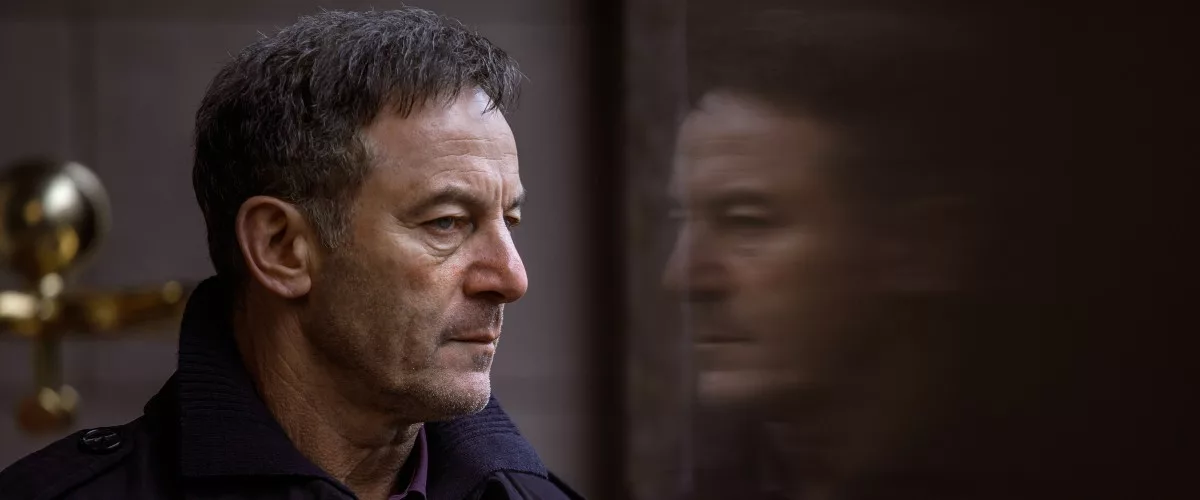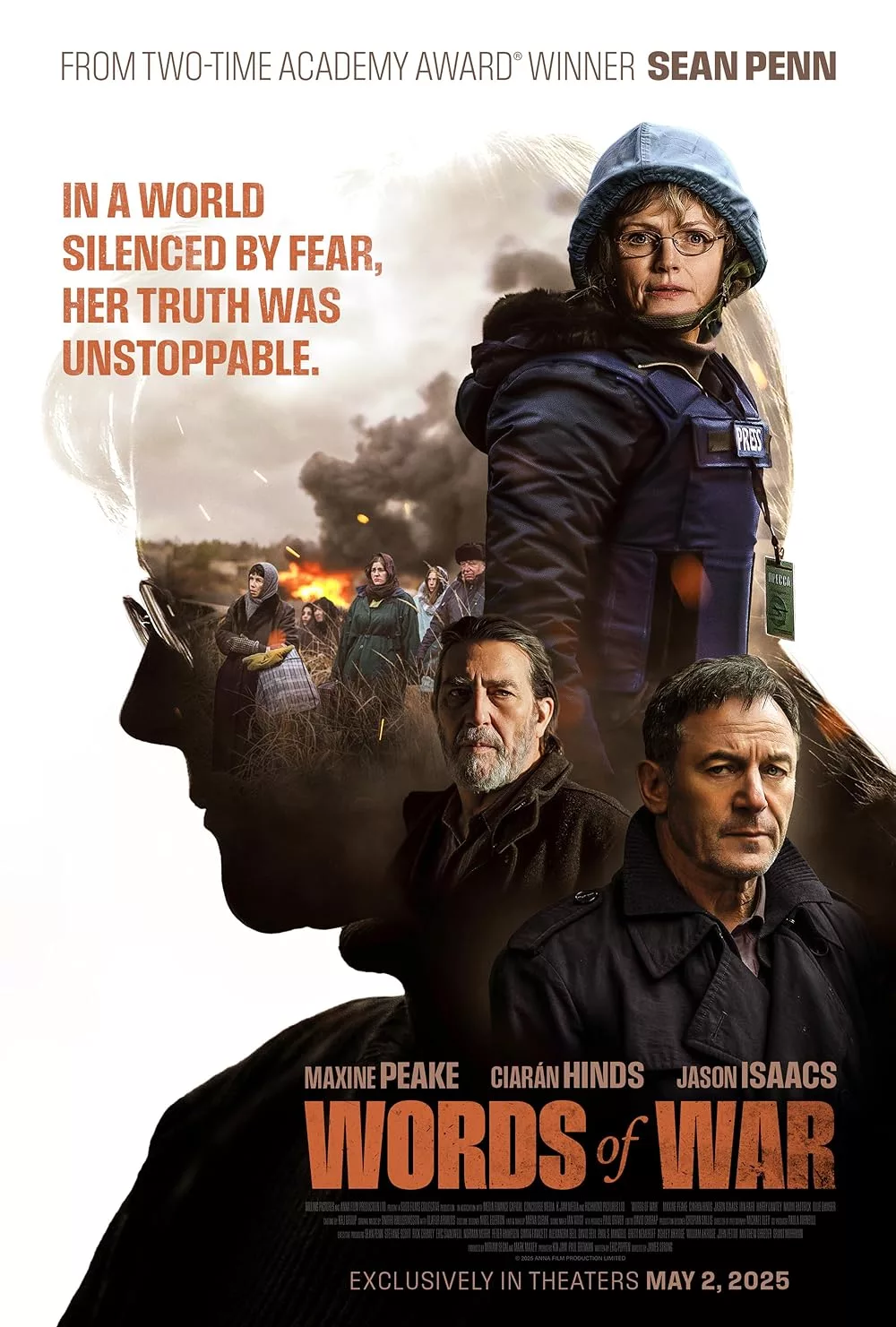“I don’t need a war correspondent; everyone’s got one of those,” a newspaper editor says. “We need a people correspondent: sensitive, empathetic, but also tough-minded, willing to confront the powerful by asking hard questions.” The reporter who fit that description was Anna Politkovskaya, played in “Words of War” by Maxine Peake. The unspoken ending to the editor’s description was “and willing to risk her life to tell the story.” Politkovskaya was murdered in 2006 for reporting accurately on Russian war crimes and atrocities in Chechnya.
It is remarkable how often movies, which usually take years from the first word of the script to the opening date, can be uncannily timely. This is the story of a Russian attack on a former Soviet state, similar to the attack on Ukraine. And almost 20 years from the events depicted, the issues of what Jennifer Kavanagh and Michael D. Rich call “truth decay” are more intractable than ever. And, as this movie reminds us before the closing credits, Politkovskaya was not alone; more than 1700 journalists have been murdered in the past 25 years for reporting on stories the subjects were willing to kill to keep secret.
Cynics say we live in a “post-truth” era, with splintered, siloed sources of news and no shared understanding of basic concepts like facts, proof, or critical reasoning. One reason for this is intentional disinformation, memorably disseminated by the Soviet Union, which would erase people out of favor from historical photographs, long before the days of Photoshop. Even the newly “democratic” Russia of the early ’90s continued the Soviet-era control of information. However, Mikhail Gorbachev had a vision for more independent journalism. He used the money he was awarded for the Nobel Peace Prize to start a newspaper the government did not control. It was called Novaya Gazeta, which means New-style Newspaper. Like the Founding Fathers of the United States (who mentioned just one private business in the Constitution, the press, and guaranteed its freedom in the First Amendment), Gorbachev knew that only a society based on trust, justice, and truth can sustain a democracy. As Supreme Court Justice Louis Brandeis said, “sunlight is the best disinfectant.”
The sources of infection are often powerful forces that do their best to operate in secret. Even in post-Soviet Russia, the state continued to control the other newspapers. Politkovskaya was a reporter for Novaya Gazeta who published stories about the Russian war in Chechnya. The Russians tried to stop her with threats, abuse, and poison. They smashed her tape recorder and got her husband, a prominent Russian television journalist, fired. Finally, they shot her.
The most touching parts of the film are Politkovskaya’s interactions with the civilians in Chechnya, who at first are wary because of their experience with journalists, all of whom are only interested in propaganda. Peake’s listening face is profoundly moving, and she makes us see how Politkovskaya’s empathy is as important in gaining their trust as her commitment to telling the world what she is seeing. This has a heartbreaking consequence later in the film as the Russian authorities tell her they need her to negotiate a hostage situation because she is the only one the terrorists trust. Her belief in her ability to find a peaceful solution and her commitment to protect even terrorists from Chechnya led her to put her trust in the wrong place.
Executive producer Sean Penn described the film as “more personal than polemic.” It is clearly not a polemic. Its only argument is for telling the truth. It is a conventionally told based-on-a-true-story drama, but it is not really personal. It never shows us why Politkovskaya is willing to take the risks of reporting this story or how much responsibility she took for the deaths of many of the hostages. The weakest parts of the film are the scenes with Politkovskaya’s family. Understandably, her husband (Jason Isaacs) and grown children are very upset about the risks she is taking and the time she spends away from them, but those sections come across as soapy. Far better are her scenes with her editor, Dimitry (Ciarán Hinds), who admires and supports her but is willing to push back when she loses perspective. The most powerful scene in the film is her wary conversation with one of the Russians sent to intimidate her, played with wily intelligence and a touch of wit by Ian Hart.
The movie begins with Politkovskaya asking, “Do you think if there is a war in one place it has no bearing on another?” This is, as producer Mark Maxey says, a “tragically timely” reminder that every conflict, whether country against country or power against the press, can be our story much faster and much more painfully than we imagine.




















